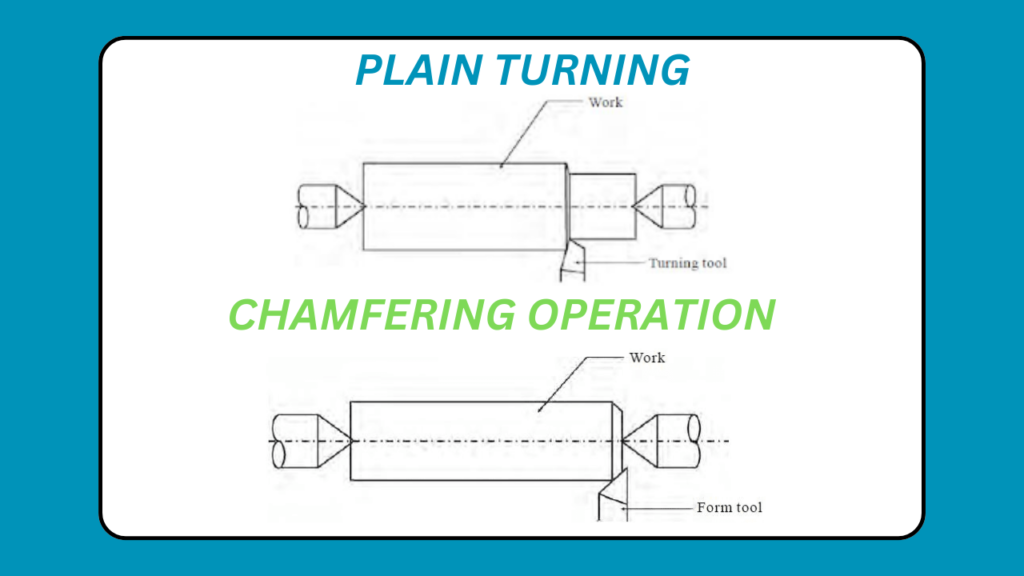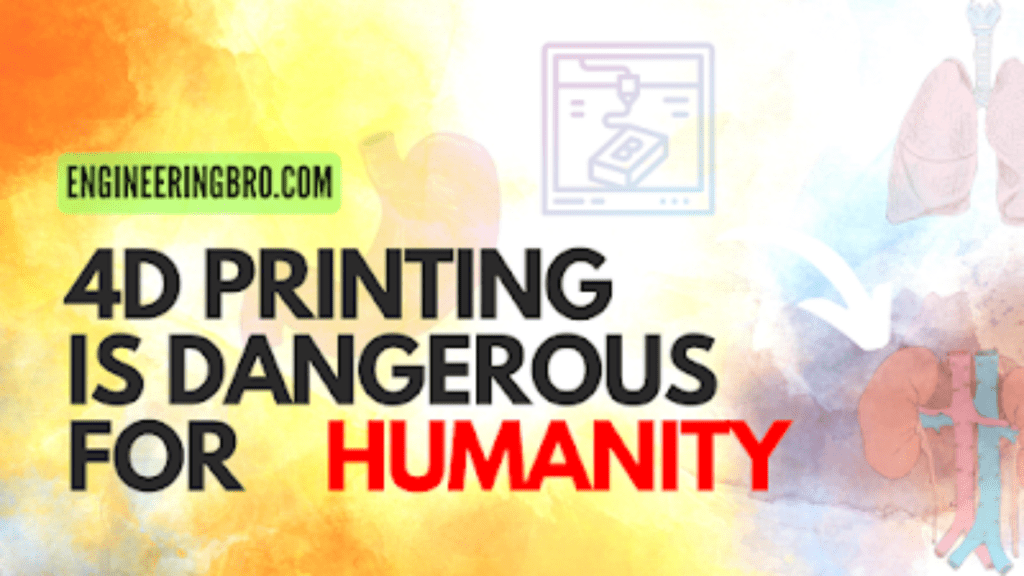Table of Contents
list of 20 skills required for mechanical engineer
According to the stats, there’s a gradual slowdown in the production of skilled mechanical engineers in the Industry, Indeed in the future technical jobs will be replaced with robots and automated machines but still, if you learn the following skills required for mechanical engineer you can stand out
Skilled mechanical engineers are hard to find these days and in the future too so if you’re a mechanical engineering student these are required skills
You can learn them in schools and colleges but also on Udemy
Follow us on Facebook to stay updated and for more informative content check out home page 
- Technical Proficiency: Comprehensive understanding of mechanical engineering principles and concepts.
- Problem-solving: Ability to identify, analyze, and solve complex problems efficiently.
- Critical Thinking: Capacity to evaluate information objectively and make reasoned judgments.
- Design: Proficiency in CAD (Computer-Aided Design) software for creating and optimizing mechanical designs.
- Innovation: Creativity to develop innovative solutions and improve existing designs.
- Analytical Skills: Capability to interpret data and perform detailed analysis for optimization and decision-making.
- Project Management: Competence in managing projects effectively, including planning, scheduling, and budgeting.
- Communication: Strong verbal and written communication skills to convey technical information clearly and effectively.
- Teamwork: Ability to collaborate with interdisciplinary teams to achieve common goals.
- Leadership: Capacity to lead teams, delegate tasks, and motivate others toward project success.
- Adaptability: Flexibility to adjust to changing project requirements and evolving technologies.
- Attention to Detail: Diligence in ensuring precision and accuracy in designs and calculations.
- Mechanical Systems Knowledge: Understanding of mechanical systems such as HVAC, thermodynamics, and fluid mechanics.
- Materials Science: Knowledge of materials properties and their applications in design and manufacturing.
- Manufacturing Processes: Familiarity with various manufacturing techniques and processes to ensure manufacturability of designs.
- Quality Assurance: Understanding of quality control measures to maintain product quality and reliability.
- Safety Awareness: Commitment to designing and implementing safe engineering solutions.
- Regulatory Compliance: Knowledge of relevant industry standards, codes, and regulations.
- Continuous Learning: Willingness to stay updated with the latest advancements in the field through ongoing learning and professional development.
- Ethical Conduct: Adherence to ethical principles and professional standards in all aspects of work.




